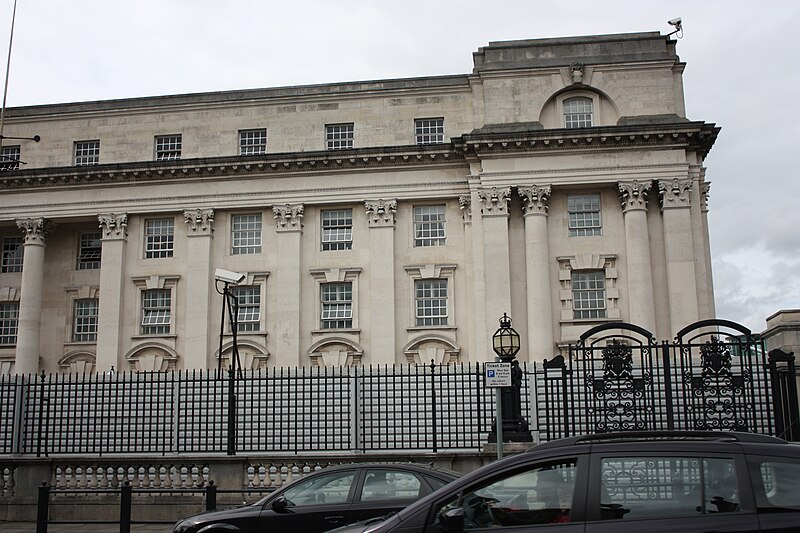
The UK government is planning to further appeal a Belfast court decision, which ruled that legislation introduced by a previous administration conflicted with human-rights protections
established under a post-Brexit agreement for Northern Ireland.
In February, Belfast's High Court found that the UK's offer of conditional amnesties to former soldiers and militants involved in Northern Ireland's decades of conflict violated the European Convention on Human Rights.
Following Keir Starmer's appointment as prime minister in July, his government pledged to abandon the controversial amnesty plan, which had faced opposition from all major political parties in Northern Ireland. The new administration also promised to reverse the policy that barred victims and their families from pursuing civil claims.
However, the government is continuing the previous administration's appeal against the High Court's ruling, which determined that parts of the immunity provisions were inconsistent with the Windsor Framework. This agreement, reached between the UK and the European Union last year, ensured that human rights protections under Northern Ireland's 1998 Good Friday Agreement would not be diminished following Brexit.
Last month, Northern Ireland's Court of Appeal largely upheld the High Court's conclusions.
In response, the British government's Northern Ireland Office told Reuters, "The Court of Appeal judgment is complex and wide-ranging. We require further time to consider fully its implications and next steps, and intend to bring clarity and certainty as soon as possible." The government also confirmed that it had filed an application with the Court of Appeal for permission to appeal the ruling, known as the Dillon and Others judgment.
Northern Ireland Minister Hilary Benn reiterated this month that the court's decisions have created legal uncertainty regarding the protections offered by the Windsor Framework and how laws are applied across the UK.
Human rights organizations, however, dispute the notion of legal uncertainty and have emphasized that any final judicial interpretation will have far-reaching implications. These include future efforts to address the legacy of Northern Ireland's "Troubles," immigration policies, and other potential issues.
In May, the High Court cited the Windsor Framework in a ruling that parts of the previous government's immigration policy should not apply to Northern Ireland, as they undermined human-rights protections guaranteed under the post-Brexit framework. Photo by Ardfern, Wikimedia commons.



































